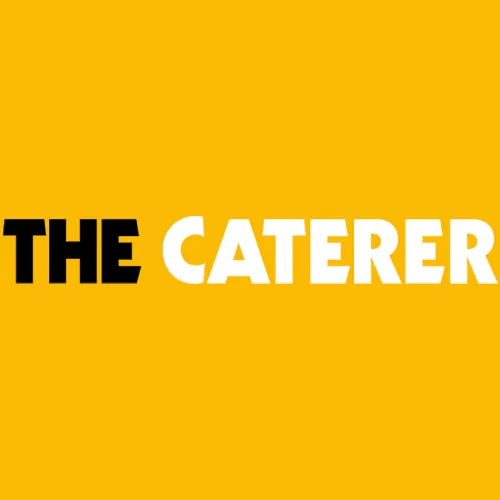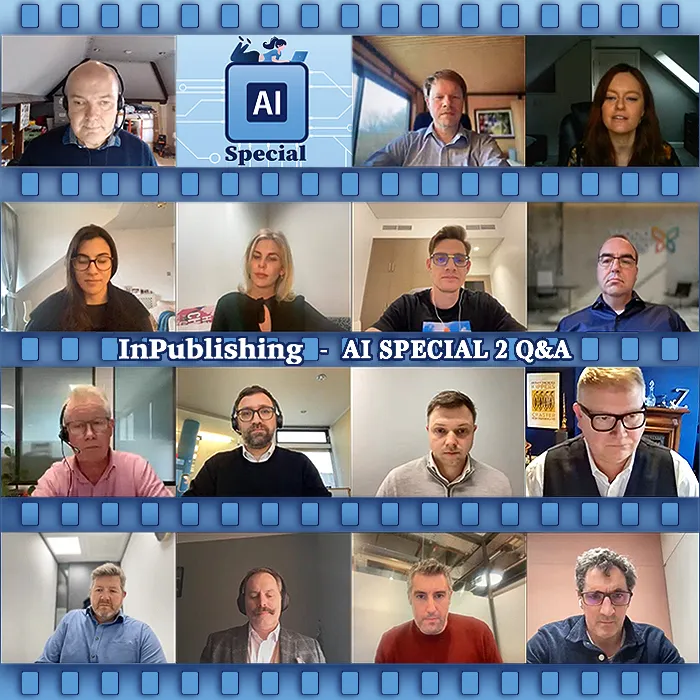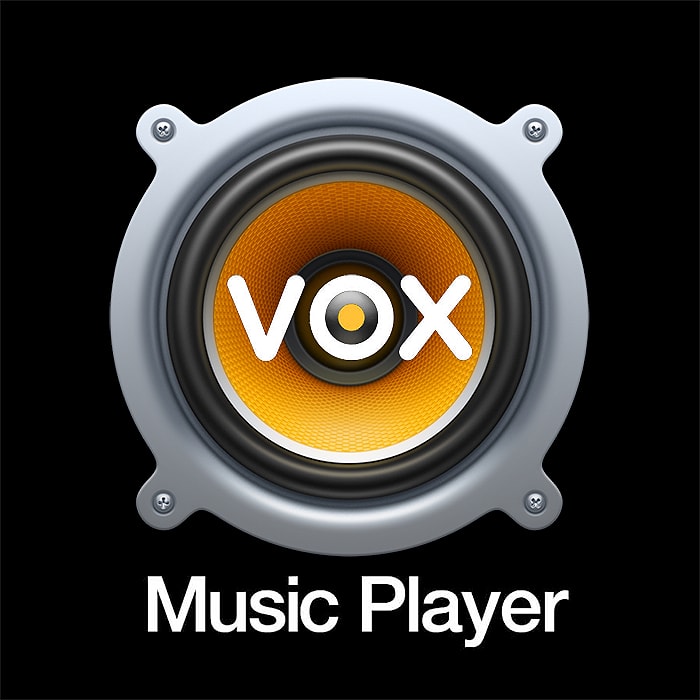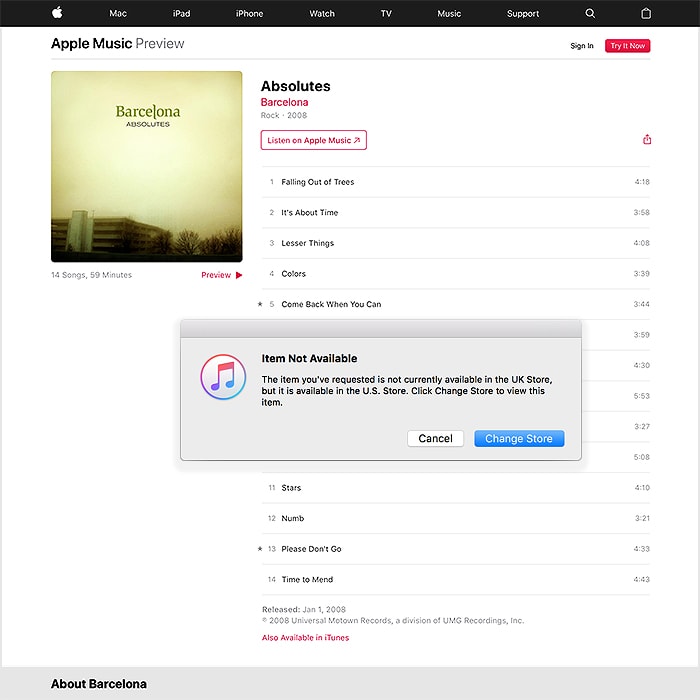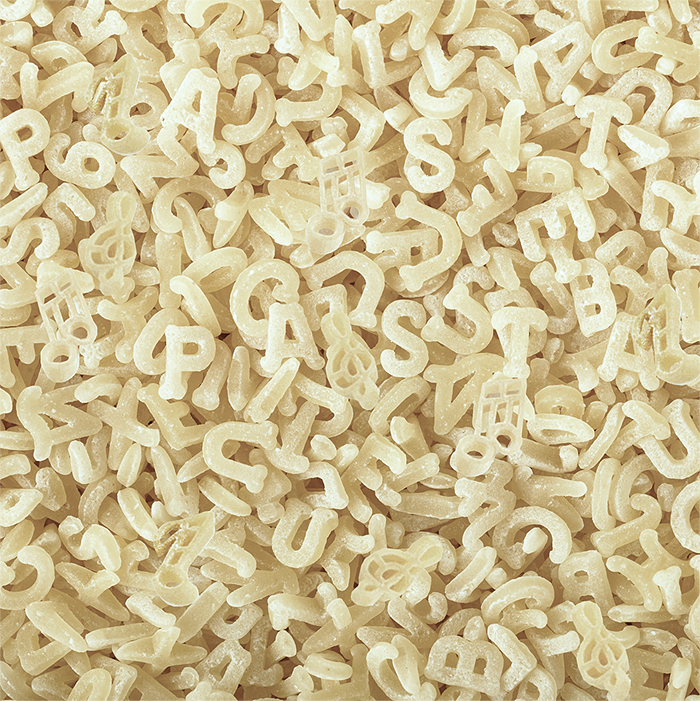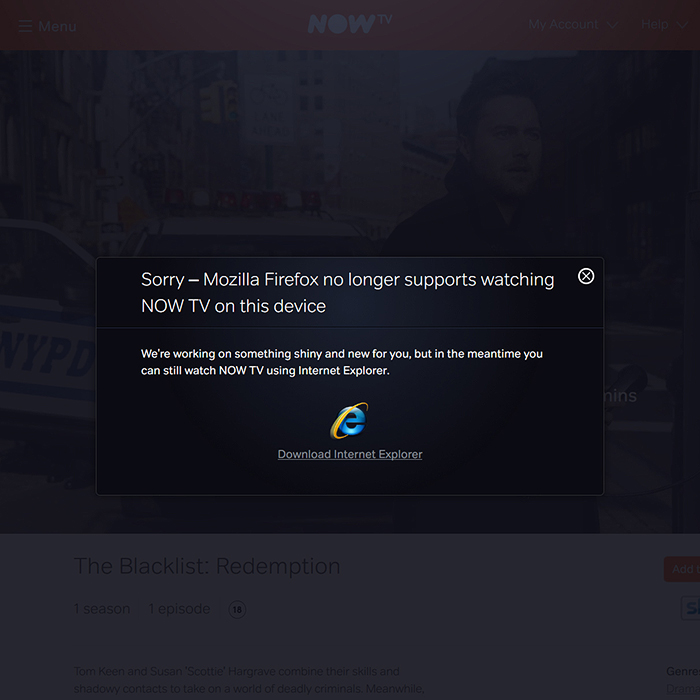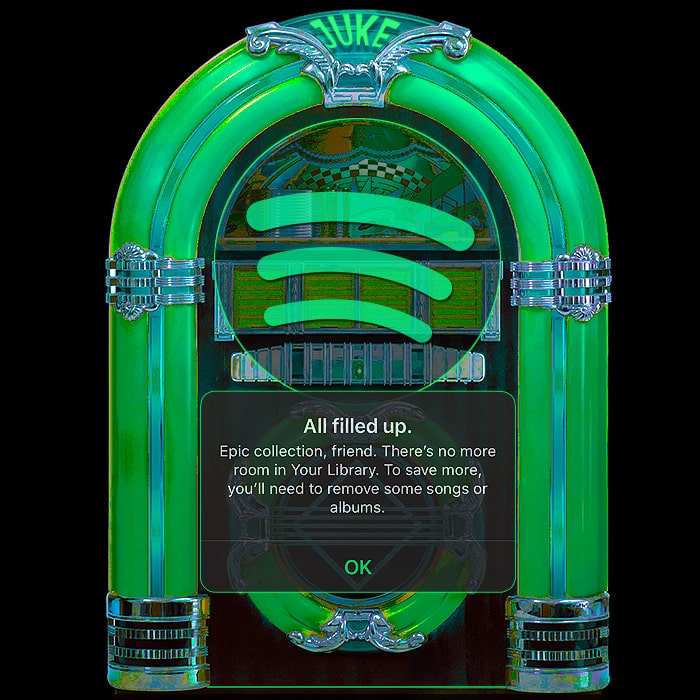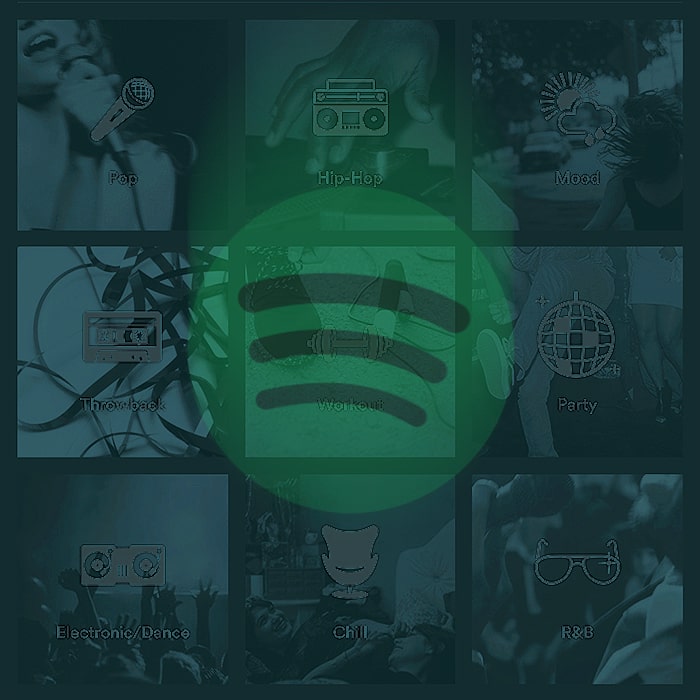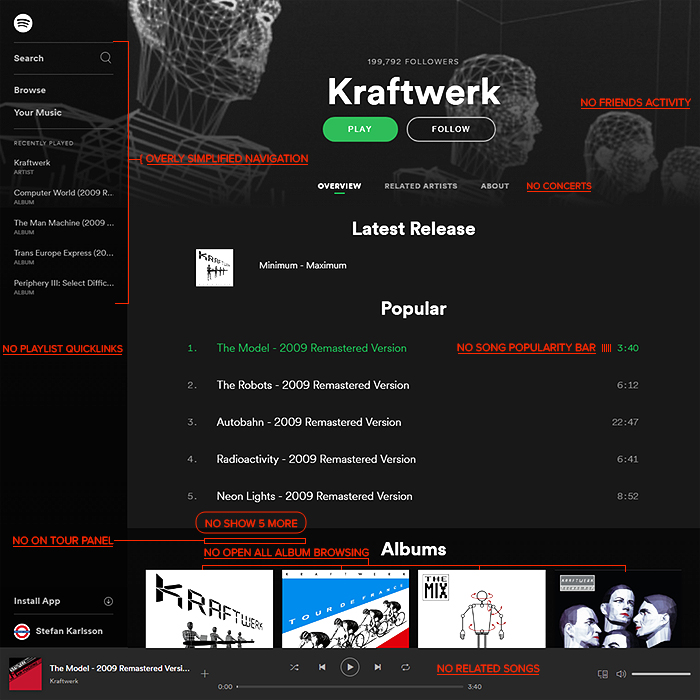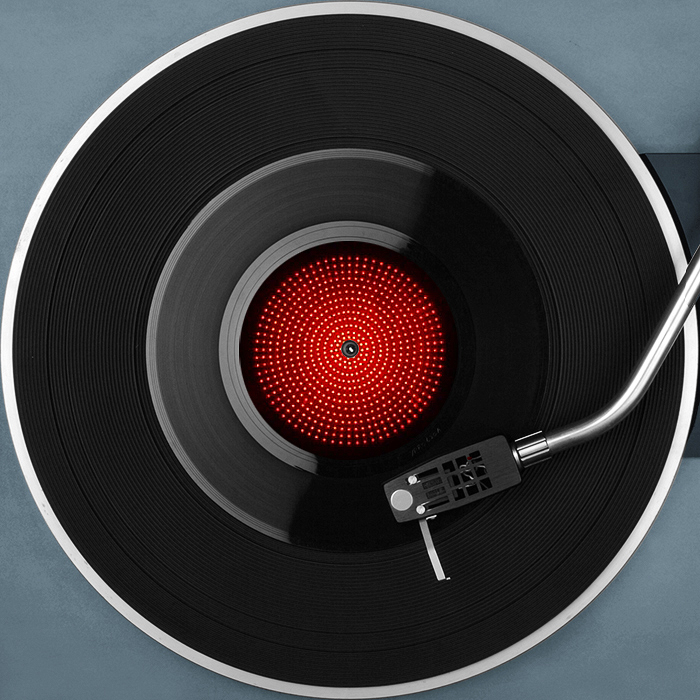Taylor Swift vs Spotify vs the value of Streaming Music
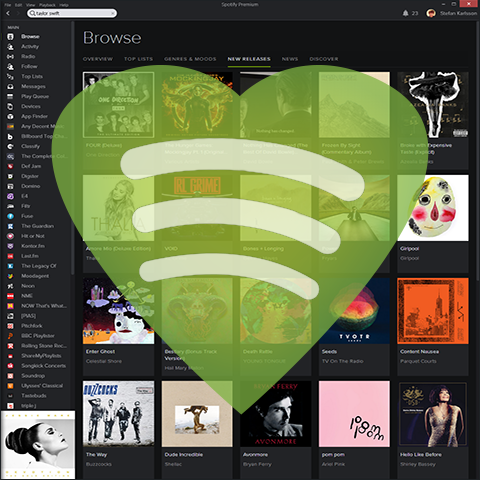
Taylor Swift is not the first to remove her entire catalogue from Spotify and nor will she be the last. Following on from her disingenuous pretense at offering better service to UK fans by forcing them to buy her whole pre-release album instead of being able to download individual promo tracks like the rest of the world could do. It’s not a surprise that she’s taken these latest extreme measures, but the reasons she gives are nothing more than record label bulls**t spin - in an attempt to divert attention away from a pretty blatant act of profiteering - which is to say that she removed all her music from Spotify so that the only way her fans could access it legitimately was via fully purchasing / owning the album and thus ensuring higher sales revenues... of course her less fastidious fans can still listen to her back-catalogue via Vevo, YouTube, Dailymotion, and a million other video and mp3 serving websites - the vast majority of which pass on absolutely no revenues to Taylor or her record label.
I myself am a huge music fan, not particularly of Taylor Swift, but I buy on average 2-3 albums worth of music each week - via iTunes, Amazon, Beatport and Juno Download etc., I am also a premium subscriber to Spotify whose services I really love - I still live in hope for proper full-range ’Spotify’ -like services for Films, for TV and for Books. Long have we heard the music industry and particularly certain old-fashioned (backward looking?) echelons within it bemoaning the diminishing fortunes of the industry - compared with its heyday in the 70’s and 80’s - seemingly totally oblivious to ever evolving changes in society and in technology.
Let’s then not forget to review the entire history and evolution of popular music, and how mainstream American radio is still very much influenced by payola-like dynamics - or pay-for-play. Bob Stanley (Saint Etienne + Yeah Yeah Yeah: The Story of Modern Pop) traced the origins of modern pop back to the 50’s and the start of the 45rpm vinyl records which fuelled the earliest pop charts. Records were initially seen as promotional tools to ensure radio-play in order to get more members of the public to attend concerts. The peak of record-buying was reached in the late 70’s / early 80’s - where the records became an artist’s main source of revenue, although for many touring bands, the concerts and gigs were still a major money-maker.
As a child of the 80’s, I vividly recall the ’Home Taping is Killing Music’ campaigns. Yet pretty much everyone of my generation taped something off the radio, or made a mix-tape from their own or borrowed records - even tape-to-tape. For a while, recorded cassette tapes were seen to be the future of the industry, supported by high-end cassette players like the Nakamichi Dragon and latterly miniaturised Sony Walkmans - watch the beginning of the film ’Nine 1/2 Weeks’ (1986) for a glimpse of the future of home music playback as it was envisaged back then. However, next came CDs, then MP3s, Napster and the demise of vinyl, followed by iTunes, Spotify and now the resurgence of vinyl again.
The important thing to note though is that market forces and competition are fiercer than ever before - back in my days, we did not have iPhones or Apps, or proper mainstream Console Gaming Machines all vying for our pocket money on a weekly basis - and as a result, most teenage money then went on clothes and music. Nowadays though, every kid has to have a smartphone and a tablet, loaded with apps and games, and music for most has taken something of a back-seat. You could also argue that since the days of MTV, music videos have increasingly played a part, and that there is increasing demand and desire for actual pop videos - which shows the enduring popularity of services like YouTube and Vevo.
With the onset of digital music, record companies had tried to make it illegal to convert CDs to MP3s so you could listen to your music on the move - via your iPod or MP3 player, and latterly your smartphone. Only recently has the law been changed so that you are permitted to re-play your music any way you see fit (for yourself that is of course). In real terms, there is a lesser proportion of pocket money being spent on music as a whole. The way music is consumed has changed also, as most teenagers have limited memory on their mostly entry-level smartphones - and if they want to ’carry’ an extensive music collection with them, the only way they can accomplish this efficiently is via a music streaming service like Spotify.
I myself have a more expensive 128GB iPhone, pretty much intentionally full-to-the-brim with purchased digital music - much of which I had already bought on vinyl, cassette, CD or MiniDisc at some stage. Some of my more popular records, say something like Human League’s Dare (of course also on Spotify!) has probably been purchased in different analogue and digital formats - as many as 10 times over, including special limited versions. Yet I still actively subscribe to Spotify, and use YouTube probably daily for music discovery and playback.
The thing is ’streamed music’ is really this generation’s version of radio. Most kids I know don’t really listen to radio any more, they make up playlists on Spotify and share others’ playlists. The music industry is unlikely to return to the heady peaks of its heyday, as there are other consumables that their main potential customers (teens) would rather spend their money on. Let’s not either forget the promotional aspect of listening services like Spotify and the difference in inherent value between fully owning something or leasing it. You should be calculating how much the average person spends on music over their lifetime and factoring this against £10 per month for a period of say 10 to 50 years. Much like radio playback royalties, streaming service revenues should really be calculated over the long-term, which no one has bothered to weigh in on much yet.
All my siblings (4 of them) are pretty much Spotify-only music consumers, and all pay the £10 per month fee. Many individuals use YouTube and SoundCloud and utilise AnythingtoMP3 and similar services or something like MyFreeMp3 to get their music totally for free. Or else they just make up playlists on YouTube, which is probably the world’s largest music library anyway - and which probably has most of Taylor’s new album on there already in some format.
Spotify reported that for the last 12 months they had paid Taylor Swift and her label circa $2 million globally, with on-target earnings (based on the new album coming out) being likely $6 million. Swift’s representatives refuted that amount and came back with a 12 month figure of $500,000 - albeit referencing solely the North America Spotify region (i.e. pretty much substantiating Spotify’s assertion). As I said before, I have never been Taylor Swift’s biggest fan, I do though have a fondness for ’I Knew You Were Trouble’ which truthfully owes as much / if not more to uber Swedish Hitmaker Max Martin, who as the main producer is also a key reason for the success of Taylor’s new ’1989’ album, ’Shake It Off’ etc.. Taylor is also aided and abetted by hitmakers Shellback, Ryan Tedder and Greg Kurstin who with Max Martin are responsible for propelling artists like Katy Perry, Britney Spears and P!nk to the top of the charts around the world - the very epitomy of a hit factory if there ever was one.
Regardless of what Taylor Swift, Radiohead and others proclaim, Spotify is very much the future of music. It cannot be equated with vinyl or CD sales or even iTunes sales, as it’s more of a listening service - along the lines of the more traditional radio. Technology and lifestyles have changed and will continue to change. Some artists can make a decent enough living off streaming services if they stick with it for the long-term, but most will need a combination of music sales + streaming + gigs + music licencing + merchandise + public appearances / game-shows etc. to attain a comfortable living. I myself use Spotify almost wholly as a music-discovery tool - to justify whether it’s worth my while purchasing an artist’s whole album. I already have plenty of music in my life, and if Taylor Swift won’t allow me to ’try before I buy’ then she certainly won’t be getting any of my money any time soon.
For a huge number of music fans, Spotify is part of their way of life, a smaller number like myself use it almost purely for music discovery. If I wanted to, I could download Taylor Swift’s album illicitly via 100’s of different resources - torrents etc. Most music artists realise that Spotify is not their enemy, it’s the state of the music industry today. Like in the 50’s, at the start of the pop music era, it’s the concerts which are now the main money spinners for the artists - as the entire bandwagon cycles around again. Taylor Swift is disingenuously singling out Spotify as something that is killing music - when for most people it is the very thing that’s keeping music alive ...

Did you find this content useful?
Thank you for your input
Thank you for your feedback
Upcoming and Former Events
Affino Innovation Briefing 2024
Webinar - Introduction to Affino's Expert AI Solutions - Session #2
Webinar - Introduction to Affino's Expert AI Solutions - Session #1
PPA Independent Publisher Conference and Awards 2023
Meetings:
Google Meet and Zoom
Venue:
Soho House, Soho Works +
Registered Office:
55 Bathurst Mews
London, UK
W2 2SB
© Affino 2025

